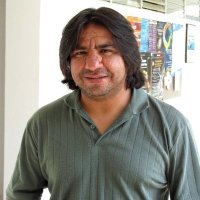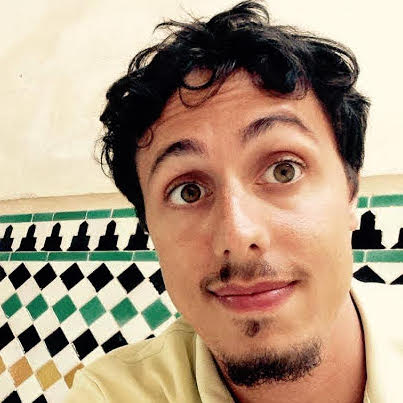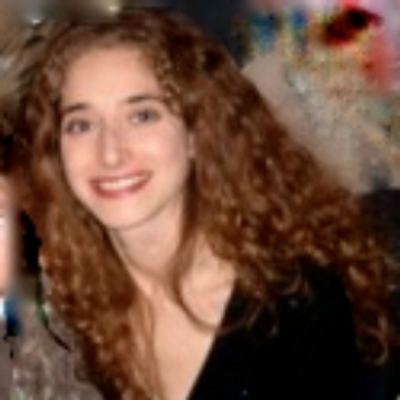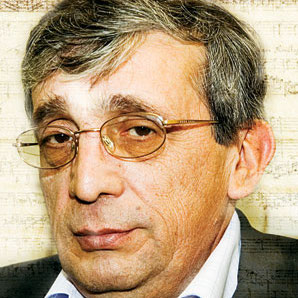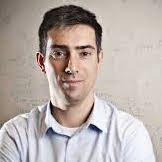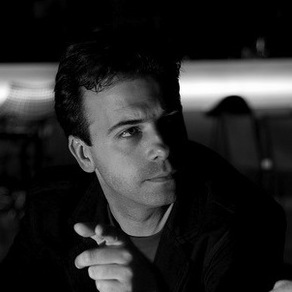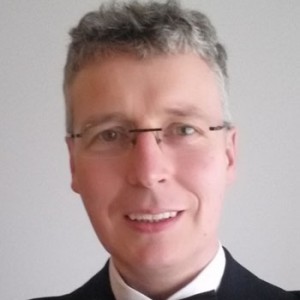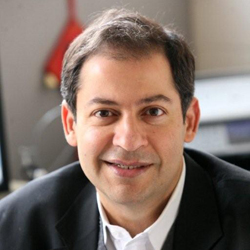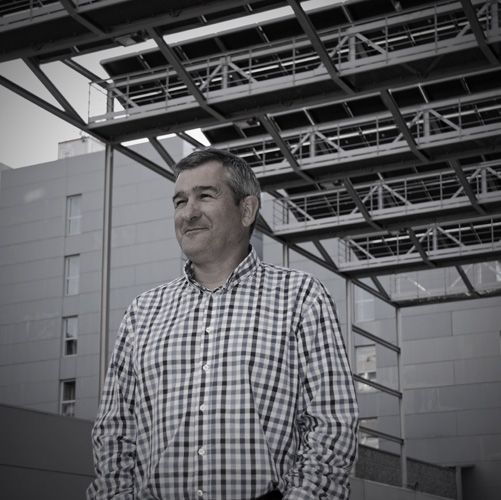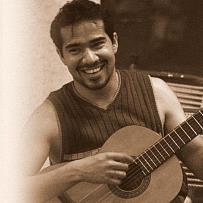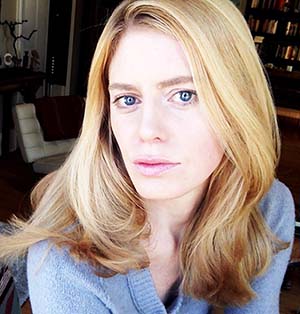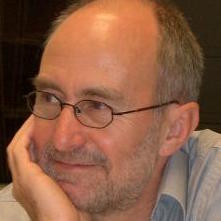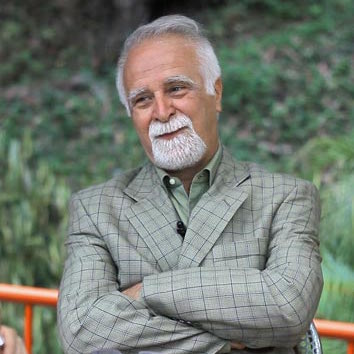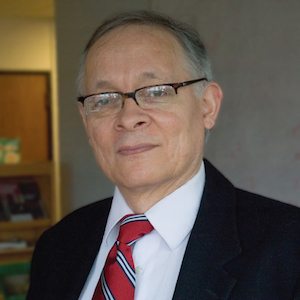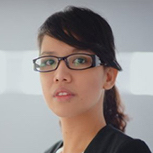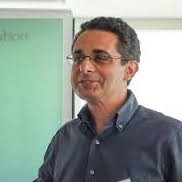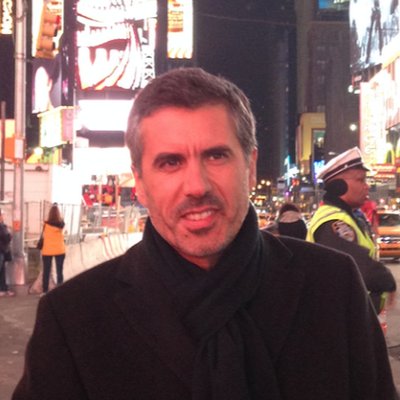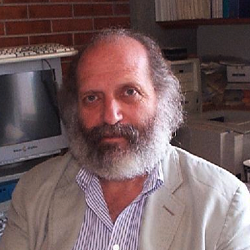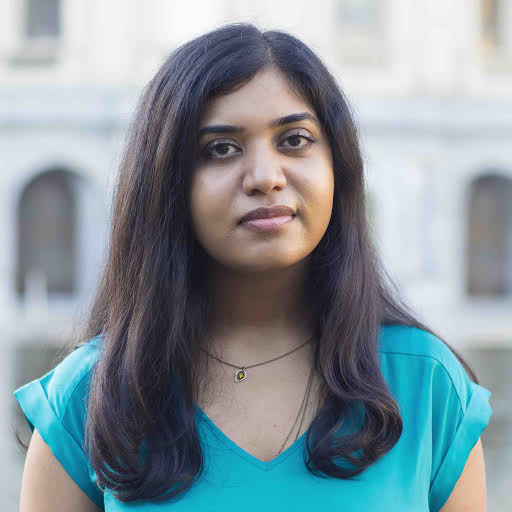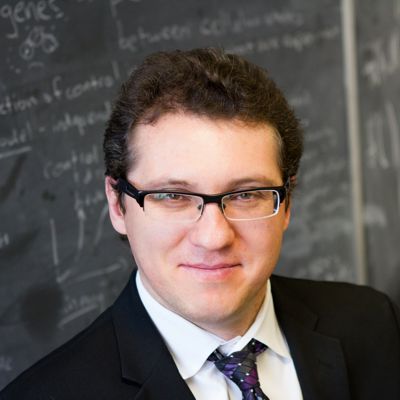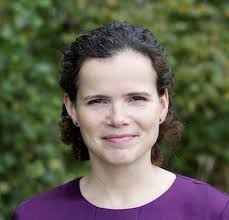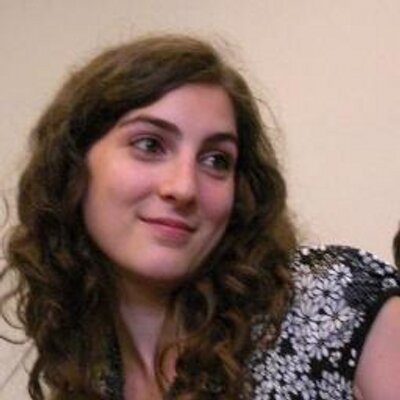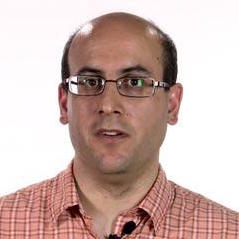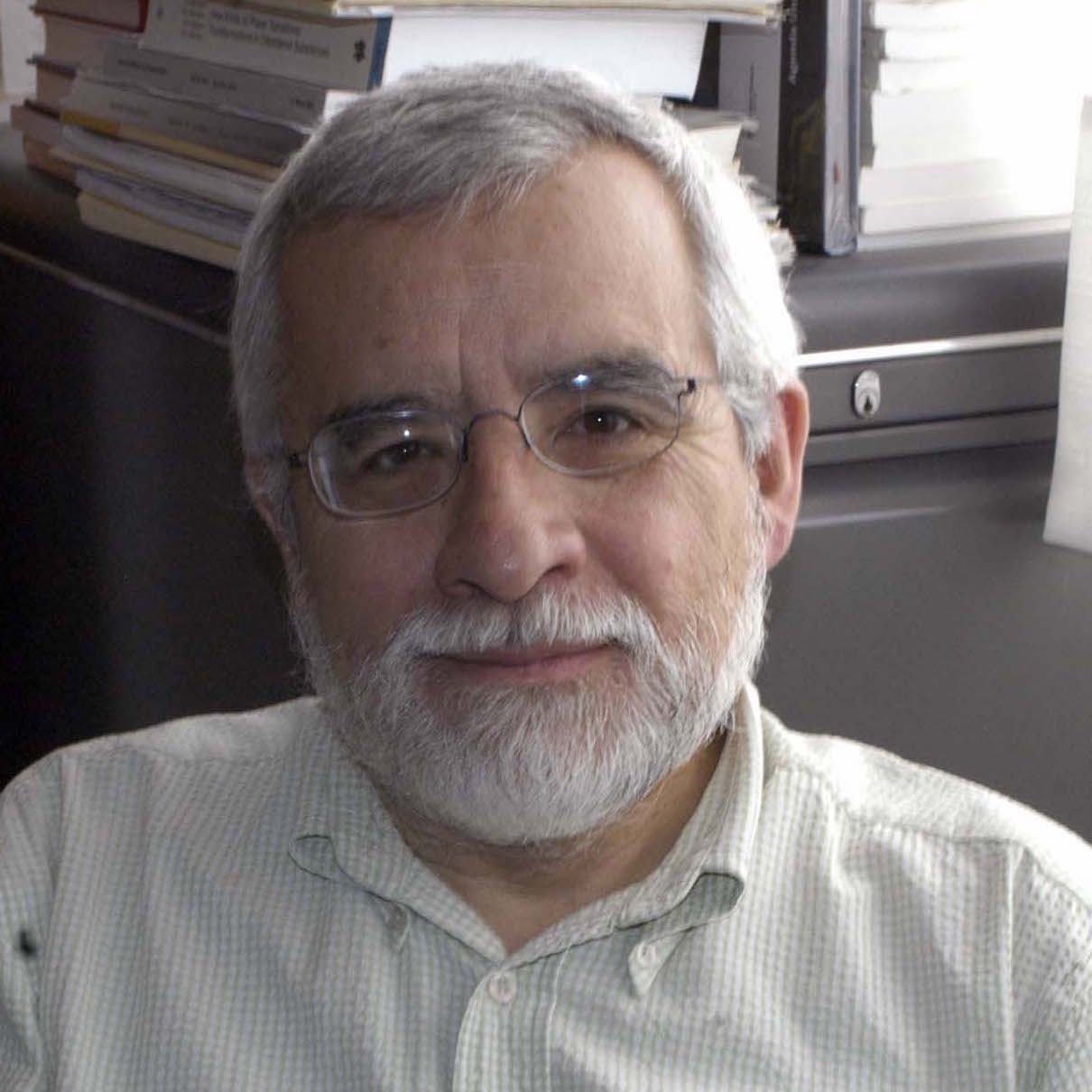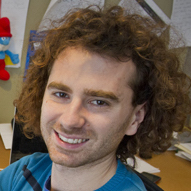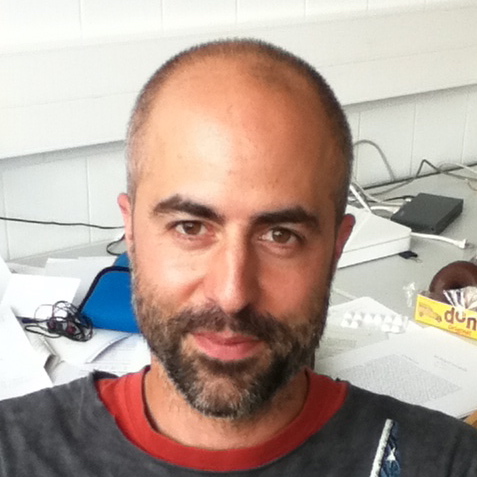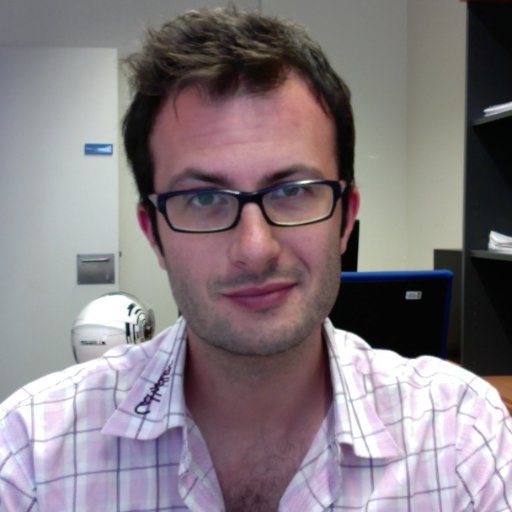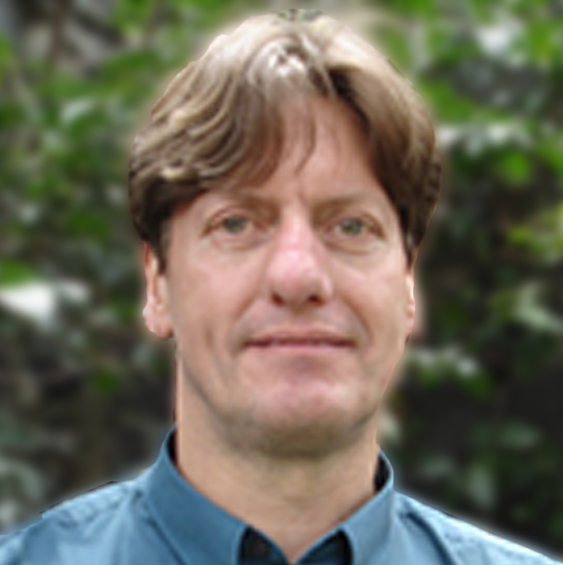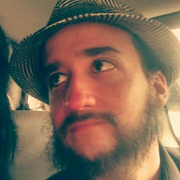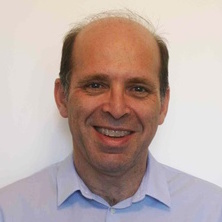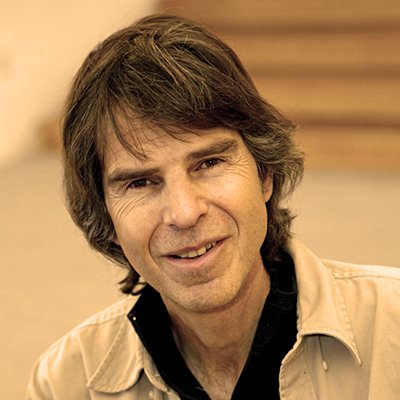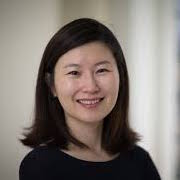
Conference on Complex Systems 2017
Sep 17 - 22. Cancun, Mexico
Keynote

Mario Molina
Mario José Molina-Pasquel Henríquez is a Mexican chemist and one of the most prominent precursors to the discovery of the Antarctic ozone hole. He won a Nobel Prize in 1995 for his research on how man-made compounds affect the ozone layer becoming the first Mexican-born citizen to ever receive a Nobel Prize in Chemistry. Mario Molina is a climate policy adviser to President Enrique Peña Nieto.
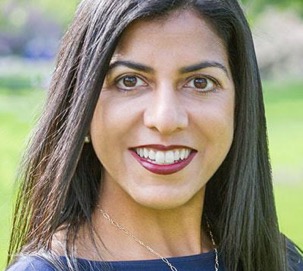
Raissa D'Souza
Raissa D'Souza is Professor of Computer Science and of Mechanical Engineering at the University of California, Davis, as well as an External Professor at the Santa Fe Institute.Her interdisciplinary work on network theory spans the fields of statistical physics, theoretical computer science and applied math, and has appeared in journals such as Science, PNAS, and Physical Review Letters. She is a Fellow of the American Physical Society, was a member of the World Economic Forum's Global Agenda Council on Complex Systems, and is currently the President of the Network Science Society

Marta González
Marta C. Gonzalez is an Associate Professor in Massachussetss Institute of Technology (MIT). Professor Gonzalez works in the area of urban computing, with a focus on the intersections of people with the built environment and their social networks.
Prof. González has introduced new tools into transportation research and is a leader in the emergent field of urban computing.
Plenary
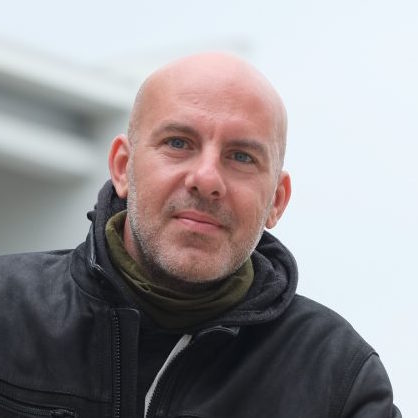
Alex Arenas
Professor at Universitat Rovira i Virgili, of Tarragona. He is one of the few Europeans serving as Associate Editors of the most important publication in physics worldwide, the American Physical Society journal, Physical Review. He is in charge of the Complex Networks and Interdisciplinary Physics section of Physical Review E. He got the James Mc Donnell Foundation award for the study of complex systems in 2011. He was also recognized as ICREA Academia-Institució Catalana de Recerca i Estudis Avançats, a catalan award that promotes the most recognized scientists from Catalonia. He serve as Editor in Journal of Complex Networks, and in Network Neuroscience. He was elected for the Steering Committee of the Complex Systems Society in 2012. He is the leader of the research group ALEPHSYS.
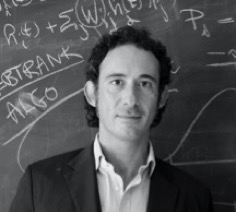
Stefano Battiston
Stefano Battiston is SNF Professor of Banking at the University of Zurich. He holds a PhD in Statistical Physics from École Normale Supérieure, Paris. Over the years he has directed several research works and co-authored 40+ publications including on prestigious journals such as PNAS and Nature Communications. He also coordinates the two research projects SIMPOL and DOLFINS aimed at investigating how finance could support a more sustainable economy.
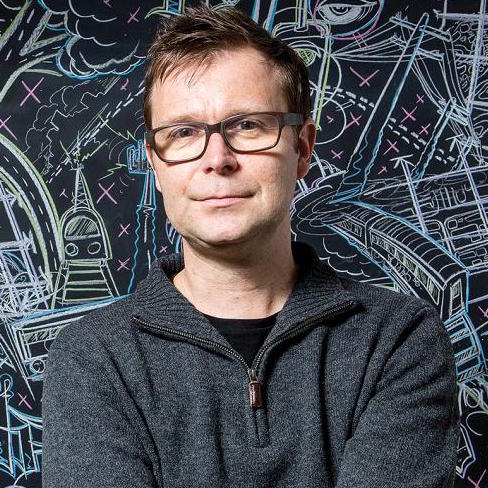
Luis Bettencourt
Luis M. Bettencourt is a leading researcher in urban science and complex systems. He has worked extensively on cities and urbanization. His research emphasizes the creation of new interdisciplinary synthesis to describe cities in quantitative and predictive ways, informed by the growing availability of empirical data worldwide. His research interests also include the modeling of innovation and sustainability in developing human societies, the dynamics of infectious diseases and aspects of general information processing in complex systems.

Dirk Brockmann
Dirk Brockmann is a German physicist and Professor at the Institute for Biology at Humboldt University of Berlin and the Robert Koch Institute, Berlin. Brockmann is known for his work in complex systems, complex networks, computational epidemiology, human mobility and anomalous diffusion.
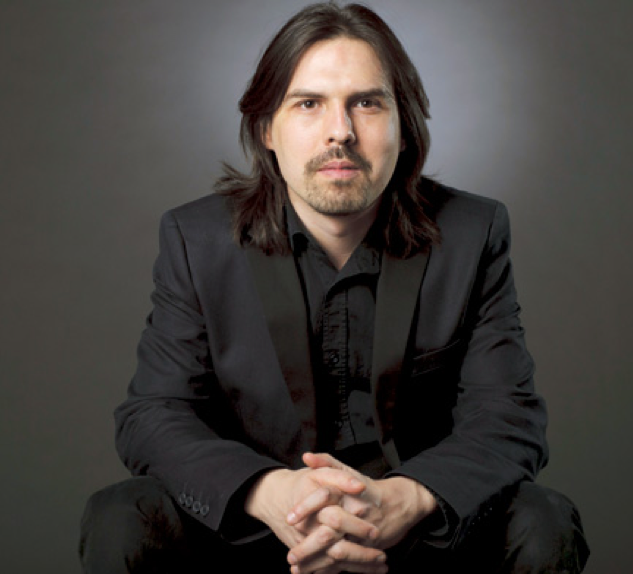
César Hidalgo
César A. Hidalgo leads the Collective Learning group (formerly Macro Connections) and is an associate professor in the program in media arts and sciences at MIT.Hidalgo's research focuses on collective learning–the learning taking place in teams, organizations, and economies. With his group, he develops analytical tools and models to understanding how collective learning takes place, and also, they design tools to help improve the collective learning of organizations.

Antonio Lazcano
Antonio Eusebio Lazcano Araujo is a Mexican biology researcher and professor of the School of Sciences at the National Autonomous University of Mexico. He has studied the origin and early evolution of life for more than 35 years, he also promotes the study of evolutionary biology and the origins of life, all over the world.
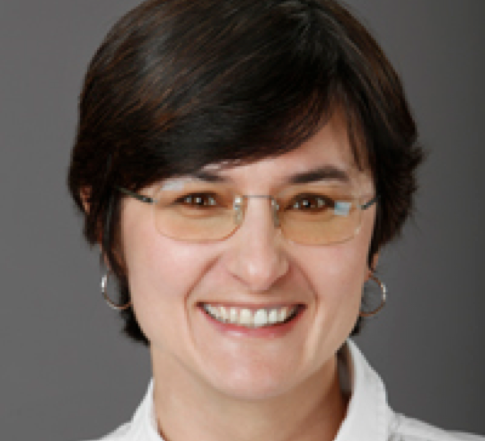
Kristina Lerman
Kristina Lerman is a Project Leader at the Information Sciences Institute and holds a joint appointment as a Research Associate Professor in the USC Viterbi School of Engineering's Computer Science Department. Her research focuses on applying network- and machine learning-based methods to problems in social computing.
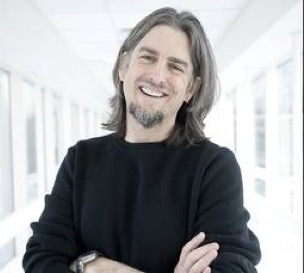
John Quackenbush
John Quackenbush is a computational biologist and genome scientist. He is a professor of biostatistics and computational biology and a professor of cancer biology at the Dana-Farber Cancer Institute, as well as the director of its Center for Cancer Computational Biology.

Ranulfo Romo
Ranulfo Romo is professor of neuroscience at the Institute of Cellular Physiology. He received the 1990 Demuth Prize in Neuroscience from the Swiss Medical Research Foundation, the 2000 National Prize in Sciences and Arts, the 2002 Prize in Basic Medical Sciences from the Academy of Sciences for the Developing World, the 2008 Mexico City Prize in Basic Sciences, and the 2009 Ranwell Caputto prize from the Argentinean Society of Neuroscience
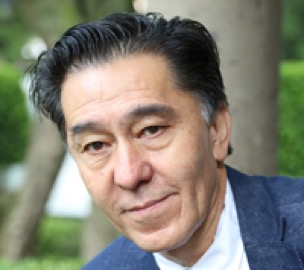
Jaime Urrutia Fucugauchi
Professor Jaime Urrutia Fucugauchi was the director of the Institute of Geophysics at the National Autonomous University of Mexico,now he is the President of the Mexican Academy of Sciences. His research interest are: paleomagnetism, rock-magnetism, exploration geophysics, impact craters, paleoenvironments and paleoclimates, and tectonics. He has received numerous awards such as the National Prize for Arts and Sciences and the “M. Bárcena” medal by the Mexican Geophysical Union.
